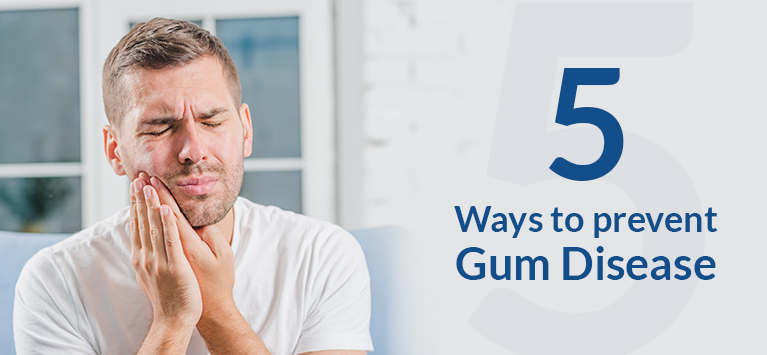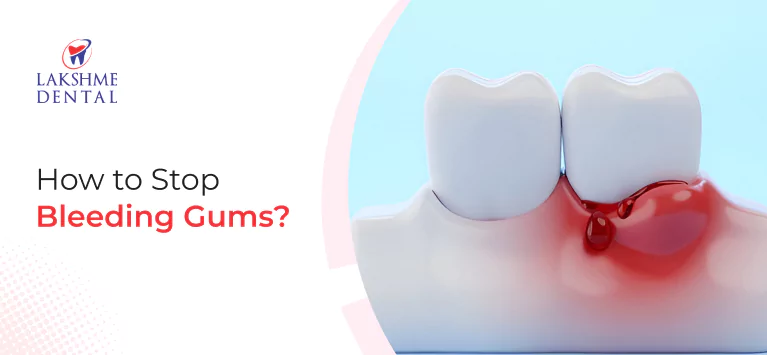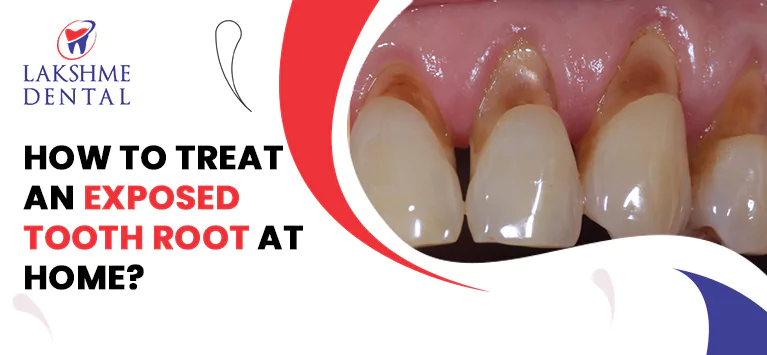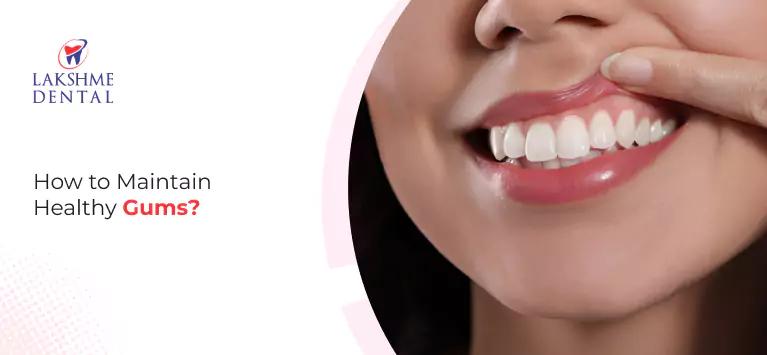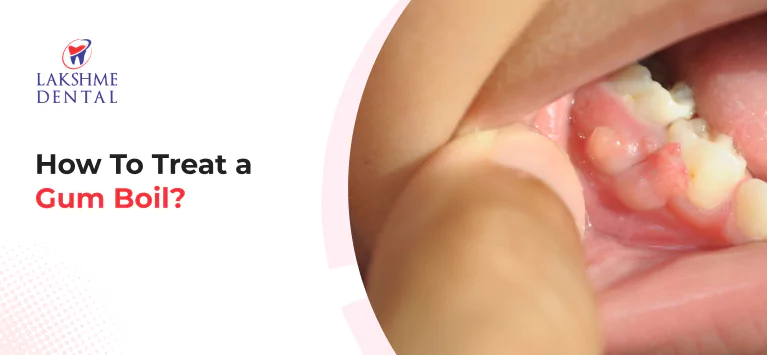
Why Are My Gums Black?
“Have you ever noticed dark gums in the mirror and wondered what might be causing it?” It’s a common concern, and the answer can range from natural pigmentation to more serious underlying health issues. While gum color varies from person to person, black gums can sometimes signal something that needs attention.
In this article, we’ll explore the common causes of black gums, how to tell if it’s normal, treatment options, and when to visit a dentist.
Are Black Gums Normal?
Not all black gums are a reason for concern. Just like skin, gum tissue contains melanin. Higher melanin levels in your body can lead to darker-colored gums. People with darker skin tones naturally have brown or blackish gums. This is completely normal and healthy.
However, if your gums change color suddenly, appear patchy, or are accompanied by other symptoms like swelling, pain, or bleeding, it may be a sign of something more serious.
Common Causes of Black Gums
1. Natural Pigmentation
The most common reason for black or dark-colored gums is melanin pigmentation. Melanin is the natural pigment that gives color to your skin, hair, and eyes.
Who gets it? Individuals with African, Asian, or Mediterranean heritage often have naturally pigmented gums.
Is treatment needed? Treatment isn’t needed unless you want to change the appearance for cosmetic purposes.
2. Smoking (Smoker’s Melanosis)
Smoking tobacco can lead to a condition known as smoker’s melanosis, where the gums darken due to increased melanin production.
Where does it appear? Usually on the front gums, especially in the lower jaw.
Can it go away? Yes, gums may lighten once you quit smoking.
3. Medication Side Effects
Certain medications may lead to changes in the color of your gums.
Examples include:
- Antimalarial drugs
- Minocycline (an antibiotic)
- Chemotherapy drugs
If you notice changes in your gum color after starting a new medication, consult your doctor or dentist.
4. Amalgam Tattoos
Dental procedures using silver fillings (amalgam) can sometimes leave behind an amalgam tattoo—a small, dark spot that appears on the gums.
Is it harmful? No, it’s harmless.
How to confirm? A dentist can diagnose it with an X-ray.
5. Periodontal (Gum) Disease
Gum disease can cause your gums to look red, purple, or even black in severe cases. This happens when tissue starts to die due to infection.
Signs include:
- Swelling
- Bleeding
- Pain or pus
If left untreated, it can lead to tooth loss and other serious complications.
6. Acute Necrotizing Ulcerative Gingivitis (ANUG)
Also known as “trench mouth,” this severe gum infection causes painful, blackened gum tissue due to tissue death.
Symptoms:
- Bad breath
- Ulcers on gums
- Bleeding
- Extreme pain
This condition requires urgent dental treatment.
7. Oral Cancer
Although rare, black or dark spots that don’t go away or change shape over time can be a sign of oral melanoma—a type of cancer.
Warning signs:
- Non-healing sores
- Unexplained bleeding
- Sudden color change
- Lumps or thickened patches
Early detection is key, so visit a dentist or oral surgeon immediately if you suspect anything unusual.
When Should You Be Concerned?
If your gums have always been dark, there’s usually no cause for alarm. However, it’s important to consult a dentist if you experience any of the following signs:
- Sudden color change in your gums
- Pain, swelling, or bleeding
- Spots or patches that spread or darken
- Accompanying symptoms like loose teeth or bad breath
How to Treat Black Gums?
1. Cosmetic Gum Depigmentation
If your black gums are natural but you’d prefer a lighter shade, your dentist may recommend laser gum depigmentation. This painless procedure removes melanin from the surface of the gums for a pinker appearance.
2. Quitting Smoking
Stopping smoking can prevent further gum darkening and improve your overall oral health. Over time, your gums may even return to their natural color.
3. Reviewing Your Medications
If a drug is causing pigmentation, your doctor may suggest an alternative. Never stop or switch medication without medical advice.
4. Improved Oral Hygiene
Infections and gum disease can be prevented by:
- Brushing twice a day
- Flossing daily
- Using antibacterial mouthwash
- Regular dental checkups
5. Professional Dental Treatments
For infections like ANUG or gum disease, dentists may recommend:
- Deep cleaning (scaling and root planing)
- Antibiotics
- Gum surgery (in severe cases)
How to Prevent Gum Discoloration?
- Avoid tobacco products
- Maintain good oral hygiene
- Visit your dentist every 6 months
- Watch for unusual changes in your mouth
- Eat a balanced diet rich in vitamins
Final Thoughts
So, why are your gums black? It could be harmless natural pigmentation, or it could indicate a more serious condition like gum disease or even oral cancer. Paying attention to your gum color and seeking timely dental advice can help you maintain a healthy, confident smile.
If you’re concerned about black gums or notice any unusual changes, don’t wait. Book an appointment with our dentist to get a proper diagnosis and peace of mind.
Frequently Asked Questions
It depends on the cause. Natural pigmentation is permanent unless treated cosmetically. Gums darkened by smoking or medication may lighten over time.
Tiny, persistent black spots on the gums are often due to natural pigmentation or amalgam tattoos. But sudden or spreading spots should be checked by a dentist.
While good oral hygiene helps, home remedies won't change pigment or treat infections. Always consult a professional.

